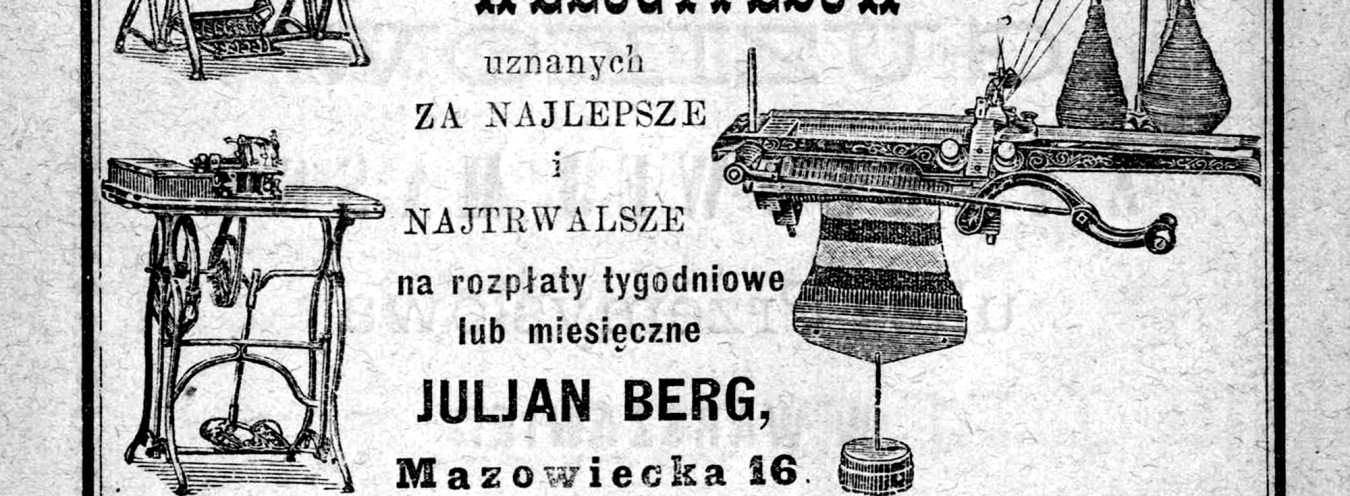
Merchant
My duty is to concern myself with my own profits and give my customers good value [said Wokulski] […]. It seems to me it is enough for a citizen to provide cheap products for consumers and to smash the monopoly of factory owners, who have nothing in common with us except that they exploit our customers and workers. (99)
The epigraph contains Prus’s ironic depiction of a merchant’s philosophy, whose principles also justify doing morally dubious business.
There are many merchants among The Doll’s characters. We see the struggling ones (small shop owners, itinerary merchants, stall owners), the ones better-off (the shop-owning Mincels, Hopfer, the Lessers, as well as Henryk Szlangbaum and other Jews), and the well-off elite (among them Wokulski).
An industrious merchant, such as Wokulski, operated in a similar fashion to the businesspeople of today, who work globally. The business concerned matters of strategic importance to the growth of the company as a whole. They researched and developed trade contacts, made deals, obtained credit, wrote and bought promissory notes, opened stores in the country and abroad (especially in Russia), they protected and secured their wealth, entered into partnerships with other merchants (like Suzin or the Warsaw aristocracy). Indirectly related to commerce was philanthropy, perceived – also by Wokulski – as a form of promotion and an advertising.
The stores and overseas branches were usually run and managed by plenipotentiaries, representatives acting in the name of the owners and authorised by them. Those people – such as Ignacy Rzecki – were tasked with matters relating to the everyday functioning of the firm.
The merchants are an important class of characters in The Doll, and their traits are definitely distinctive as well as seemingly reflective of national stereotypes. The Germans are conscientious, precise, punctual, orderly, and disciplined (Hopfer, the Mincels); the Jews – economical and persistent (both Szlangbaum the senior and Szlangbaum the junior); the Russians show impulsive momentum but also appear insincere (Suzin); whereas the Poles are energetic, brave, and tolerant of risk (Wokulski).
→ Warsaw Merchants; → The Mincel Family; → Szlangbaum, Senior; → Szlangbaum, Henryk, Junior; → Rzecki, Ignacy; → Wokulski, Stanisław;
Bibliografia
- M. Ossowska, Moralność mieszczańska, Wrocław 1985.
- W. Tyburski, Polskie tradycje etyki życia gospodarczego, w: Etyka biznesu, red. J. Dietel i W. Gasparski, Warszawa 2000.



